|
The jolt to the national electricity grid in recent weeks — culminating in supply shocks and a forced suspension of the wholesale market — has prompted deep reflection on where policymakers went so badly awry.
University of Queensland economist John Quiggin can pinpoint the exact moment: 1998, when the national electricity market burst into being. That radical restructure connected the electricity assets of the eastern states into a single mega-grid, and created a wholesale market that was supposed to provide consumers with cheaper and more reliable power.
The changes coincided with a micro-economic trend towards privatising public assets. Today, energy bills are skyrocketing and the system often struggles when electricity demand is very high. And dilapidated old coal plants and other fossil fuels still dominate the energy mix.
As Quiggin writes today, now’s the time to create a national grid that serves the public and meets the challenges of a warming world. He calls for a new government-owned and operated body — with decarbonisation as a core goal — to take control of Australia’s electricity system.
Meanwhile, this week marks five years since we launched The Conversation in Aotearoa New Zealand.
Our NZ editors and authors have changed lives by putting evidence in front of policymakers. For instance, leading epidemiologist Michael Baker said writing a story for The Conversation helped him develop the elimination strategy later adopted by the Ardern government.
You can read more from our NZ team here.
|

|
Nicole Hasham
Section Editor: Energy + Environment
|
|
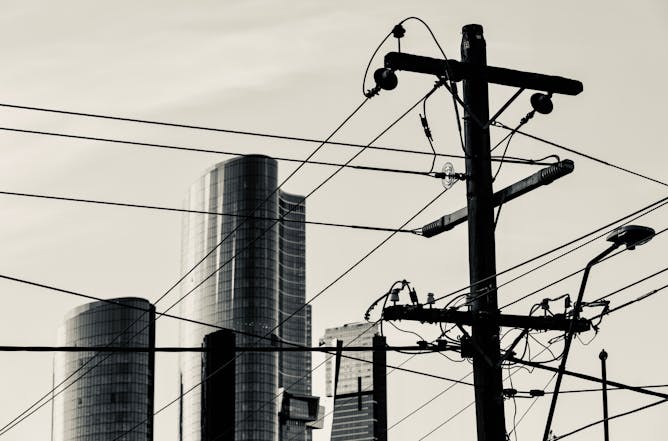
John Quiggin, The University of Queensland
It’s time for a national grid that serves the public and meets the challenges of a warming world. A new government-owned and operated body should take control of Australia’s electricity system.
|
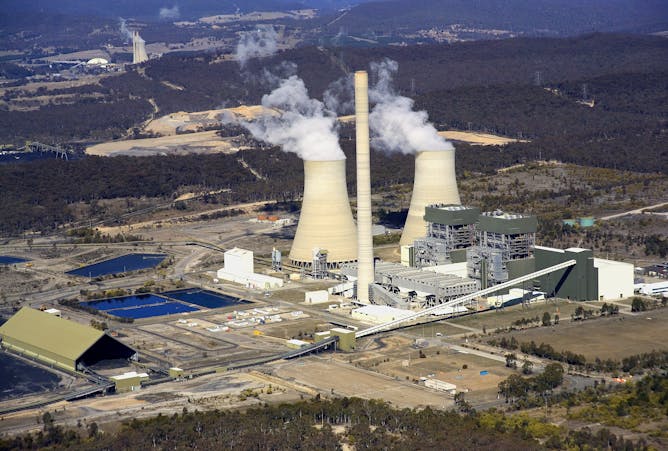
Tim Nelson, Griffith University; Joel Gilmore, Griffith University
Paying coal-fired power stations to stay open means consumers will be picking up the cost when they ultimately fail.
|
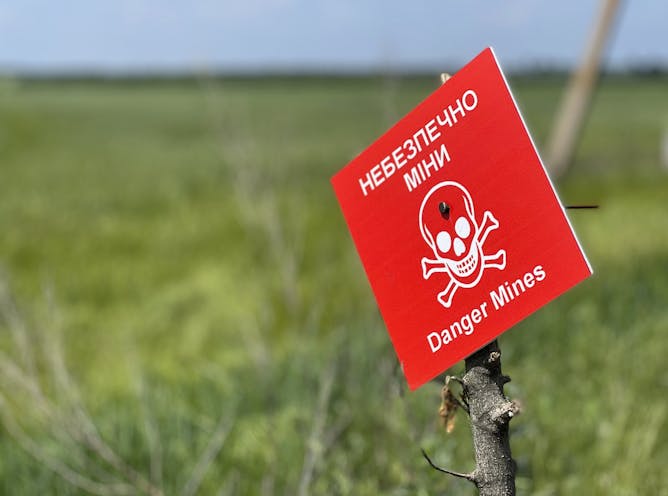
Toby Walsh, UNSW Sydney
Russia’s absurd claims about ‘smart’ landmines show it’s high time the world put limits on autonomous weapons.
|

James Dwyer, University of Tasmania
If an interim capability is employed, there’s no consensus regarding what it would look like.
|

Alyson Miller, Deakin University
The freedoms of fiction do not absolve the author of the need to reference when lifting passages of work from others.
|

Evangeline Mantzioris, University of South Australia
It may seem as though everyone has food intolerances these days, but there could be a few factors at play.
|
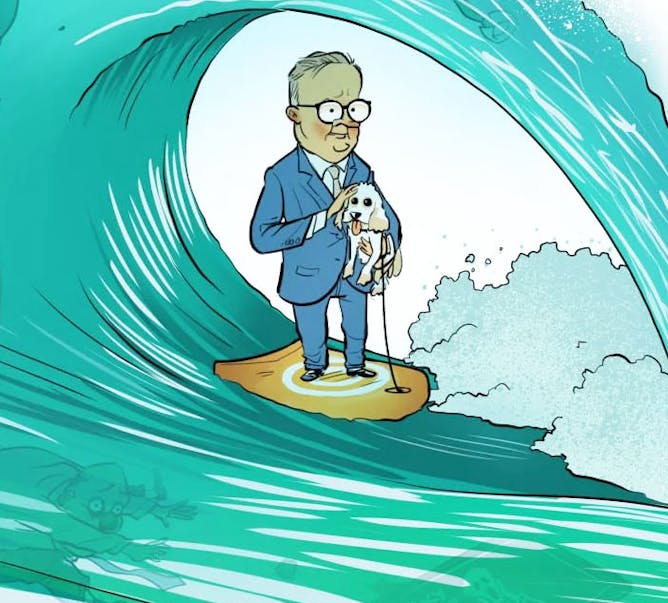
Robert Phiddian, Flinders University; Richard Scully, University of New England
Political cartoonists have found their own ways of coping with a new government
|
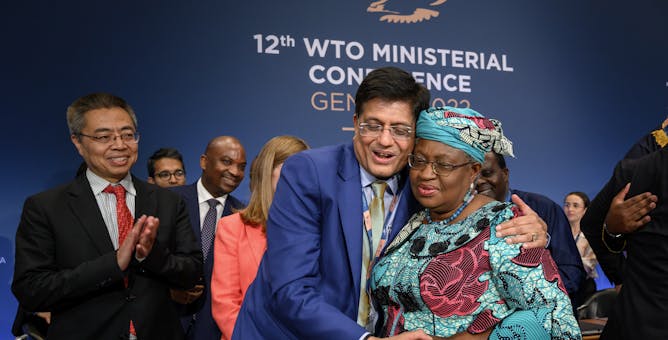
Markus Wagner, University of Wollongong; Weihuan Zhou, UNSW Sydney
Meeting for the first time since 2017, the WTO’s highest decision-making body managed to agree on some things – including its first treaty with environmental protection as the objective.
|
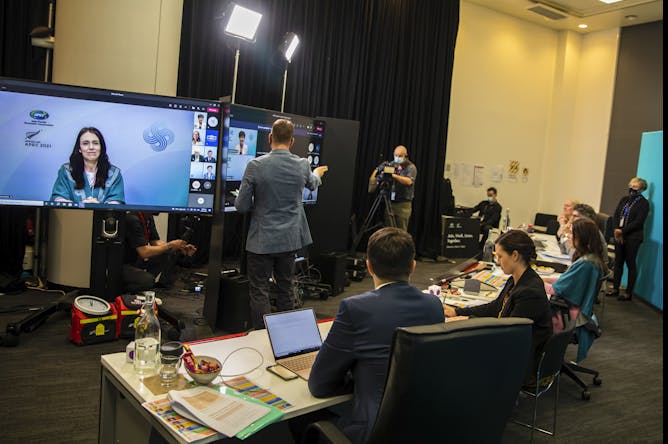
Veronika Meduna, The Conversation; Finlay Macdonald, The Conversation; Debrin Foxcroft, The Conversation
Our authors change lives by putting evidence in front of policymakers. Epidemiologist Michael Baker says writing for The Conversation helped shape what later became NZ’s COVID elimination strategy.
|
Politics + Society
|
-
Michelle Grattan, University of Canberra
Michelle Grattan discusses politics with politics + society editor, Amanda Dunn
-
Elizabeth Dallaston, Queensland University of Technology
Some states have changed the wording of their laws in line with recommendations from the royal commission – but more needs to be done.
-
Anna Sergi, University of Essex
A flurry of recent reporting on the ‘ndrangheta may give the impression their activity in Australia is relatively new. In truth, the ‘ndrangheta has been in Australian society for a century.
-
Adrian Beaumont, The Conversation
This is an important win for the Albanese government, as it means it can pass legislation with the agreement of the Greens and one other.
|
|
Health + Medicine
|
-
Cameron Webb, University of Sydney
Mosquitoes are commonplace in summer but where do they go once the weather cools? They don’t completely disappear but find fascinating ways to survive the winter.
|
|
Science + Technology
|
-
James Birt, Bond University; Darren Paul Fisher, Bond University
Netflix and TikTok were both first-movers, but unlike larger businesses they haven’t diversified their services very much. It seems they’re starting with gaming.
|
|
Environment + Energy
|
-
Benjamin Brown, Charles Darwin University; Satyawan Pudyatmoko, Universitas Gadjah Mada
For decades, Indonesia’s mangroves have been degraded or turned into aquaculture. But there are signs of progress, with a new focus on restoration and income-generating alternatives.
-
Arunima Malik, University of Sydney; Mengyu Li, University of Sydney
Since 1995, worldwide agricultural and food trade has more than doubled. It’s never been clearer that eating local produce is a powerful way to take action on climate change.
|
|
Education
|
-
Luke Beck, Monash University
Schools currently rely on third-party providers that require all those who apply to do student counselling and community work as school chaplains to have a committed Christian faith.
-
Peter Hurley, Victoria University
The system has several elements and many problems. Making it fit for purpose will take a lot of work and even more resources than those that have just been announced.
|
|
Arts + Culture
|
-
Ari Mattes, University of Notre Dame Australia
Our expert saw around 40 films at this year’s Sydney Film Festival, and presents their top picks.
-
Joanna Mendelssohn, The University of Melbourne
Land Abounds, created for Ngununggula in the heart of NSW’s Southern Highlands questions the comfort of the Australian landscape tradition
|
|
Books + Ideas
|
-
Yves Rees, La Trobe University
From the 18th century, historians taught us to understand the world as a story of linear progress. But this viewpoint made them architects of empire. History, writes Yves Rees, has blood on its hands.
|
|
Business + Economy
|
-
Mike Lee, University of Auckland
Matariki is New Zealand’s newest public holiday but businesses are being warned to tread carefully before using the celebration to lure customers.
|
|
| |
|
|
|
Auckland University of Technology
Auckland, New Zealand
•
Full Time
|

|
|
Auckland University of Technology
Auckland, New Zealand
•
Full Time
|

|
|
Bond University
Gold Coast QLD, Australia
•
Full Time
|

|
|
State Library of Queensland
South Brisbane QLD, Australia
•
Casual
|

|
|
|
|
| |
| |
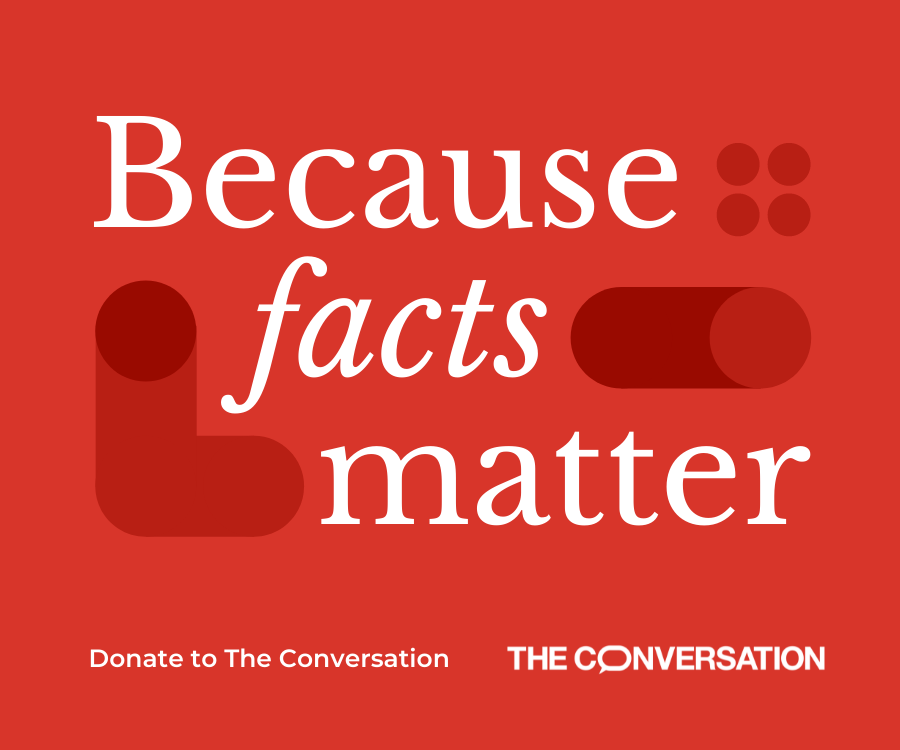
|
| |
| |
| |
Featured Events, Courses & Podcasts
|
View all
|
|
|
|
| |
| |
| |
| |
| |
|
|